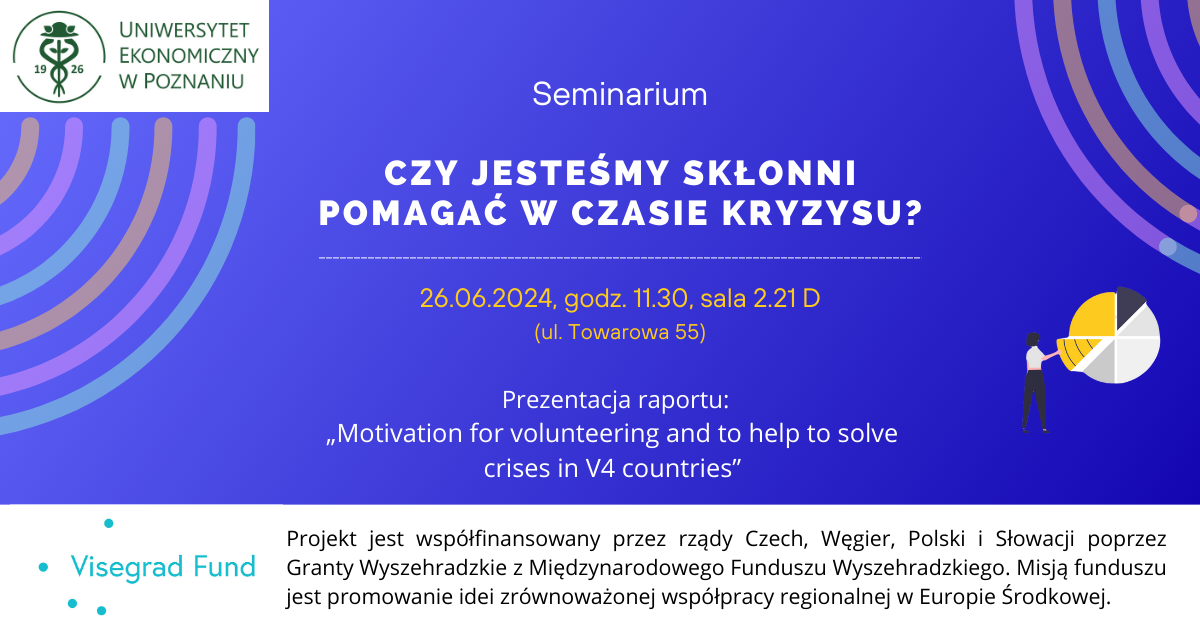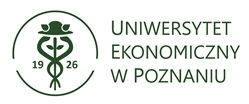Motivation for volunteering and to help to solve crises in V4 countries

The current political crisis in Europe causing the huge wave of refugees shows changes in the behavior of the European populations towards the refugees and the changes in volunteering and charitable giving (philanthropy). We recently saw record amounts donated to nonprofit organizations and direct aid to Ukraine across European countries. At the same time, there has also been a massive increase in the number of volunteers involved in helping Ukrainian refugees (e.g., in logistics and housing). The massive wave of new refugees can cause social tensions when integrating these people into major societies.
Moreover, the intensity of philanthropic support decreases with time since the initial impulse. It happens though the causes and the trigger of the needs prevails. The massive wave of solidarity with Ukraine refugees and the Ukraine rose in Europe after 24.2.2022 and led to accepting practices and norms that were not acceptable until then.
V4 countries were criticized for their attitudes when solving the migration wave into Europe in the mid-2010s while changing their attitudes now. We aim to answer the following questions and propose solutions for social inclusion:
- What are the cultural, economic, psych., and political values leading to philanthropy?
- How does the philanthropy change with the intensity of an event?
- How can NPOs and the public sector use the willingness to help to solve crises (like improving the immigration situation and social cohesion)?
- Who are the people that volunteer to help Ukraine refugees?
- Does increased giving to Ukraine lead to decrease in other donations?
The project was supported by the International Visegrad Fund (No. 22230021).
One of the outcomes of the project was a seminar organized at the Poznań University of Economics and Business, attended by representatives of various institutions involved in organizing and providing aid. During the seminar, a report was presented on the involvement of residents of the Visegrad Group countries in volunteering activities. The report includes results from research conducted using a combination of CAWI (Computer-Assisted Web Interviewing) and CATI (Computer-Assisted Telephone Interviewing) methods by an international team representing academic centers from all Visegrad Group countries.

Programme of the seminar <<<download>>>
For more see here.
Project report and outputs can be found here.


